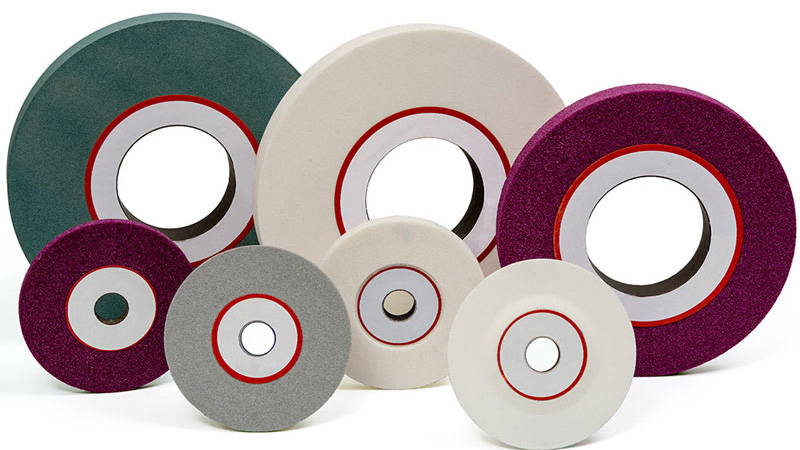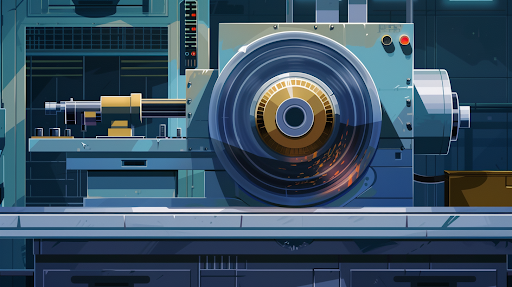Grinding wheels find wide application across various industries due to their versatility in shaping, finishing, and sharpening materials. They are crucial tools in tasks such as:
1. **Metalworking**: Grinding wheels are essential for cutting and shaping metals such as steel, stainless steel, and aluminum. They are used in applications ranging from removing welds to fine finishing and polishing metal surfaces.
2. **Construction and Masonry**: In the construction industry, grinding wheels are used for cutting and shaping concrete, stone, and masonry materials. They are employed in tasks such as cutting concrete slabs, shaping stone countertops, and smoothing rough surfaces.
3. **Precision Machining**: Grinding wheels play a vital role in precision machining operations where tight tolerances and smooth finishes are required. They are used for grinding tools, dies, and components to precise dimensions and surface qualities.
4. **Automotive**: Automotive applications utilize grinding wheels for tasks such as grinding engine valves, brake components, and crankshafts. They help in achieving precise fits and smooth operational surfaces in automotive manufacturing and repair.
5. **Tool Sharpening**: Grinding wheels are indispensable for sharpening various cutting tools such as drills, milling cutters, and lathe tools. They ensure tools maintain their cutting edge for efficient and accurate machining operations.
6. **Woodworking**: In woodworking, grinding wheels are used for sharpening woodworking tools like chisels, plane blades, and router bits. They enable woodworkers to achieve sharp cutting edges for clean and precise cuts in wood and wood-based materials.
7. **Aerospace and Defense**: Grinding wheels are employed in manufacturing aerospace components and defense equipment where high precision and reliability are critical. They contribute to shaping and finishing parts with stringent dimensional and surface quality requirements.
Overall, grinding wheels are essential in industries where material removal, shaping, and surface finishing are fundamental to achieving desired product quality and performance. Their versatility and efficiency make them indispensable tools across a wide range of manufacturing and construction applications.
Choosing the right internal grinding wheel is important for getting accurate and efficient results in your work. Internal grinding is u...
Continue reading
Aren’t you satisfied with your grinding wheel performance? Your concern is appreciated! Because many people have been performing grindi...
Continue reading
Are you worried about the grinding wheel's scratching issues? It’s okay. We know that the immaculate finishing of the workpiece is not ...
Continue reading




